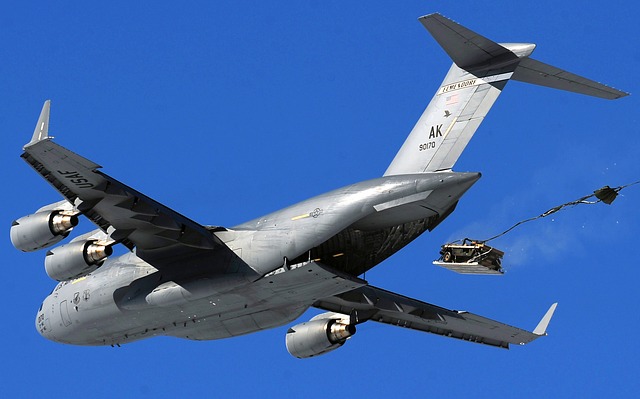The steady decline in the price of oil could make Cargojet (TSX:CJT) fly higher (pun intended).
Western Canadian Select (WCS) is all the way down to $14.65, which is a steep discount to West Texas Intermediate (WTI), which currently sits at $56.25. Back in May, WCS was $58.50, which should put this recent plunge in perspective.
Cheaper oil could benefit Canada’s leading overnight cargo carrier. Cargojet has contracts with Amazon and Canada Post, among many others. The carrier operates what can be described as an “exclusive pipe in the sky” that delivers 1.3 million pounds of cargo each night.
Fuel accounts for 25-30% of the company’s total direct costs. Cargojet’s contracts with its customers protect it from price volatility, but not the underlying purchase and storage costs. Increases or decreases in the price of fuel is passed on to customers through a “fuel surcharge.”
The rest amounted to $50 million in the nine months before September 2017, which makes fuel one of the most critical components of Cargojet’s direct operational costs. With the price of fuel dropping, Cargojet could benefit from lower costs and higher volumes from customers.
This is a positive catalyst for a growth company that is currently on a stellar run. The stock price has delivered a compounded annual growth rate of 47.5% over the past six years. Profits doubled last year, and the company won the “Shipper’s Carrier of Choice Award” for the 16th consecutive year.
The rapid rise in e-commerce sales across North America has fueled Cargojet’s growth over the past decade. Global e-commerce sales could be worth US$4.48 trillion by 2021. Online sales already account for 3.5% of all retail sales in Canada.
Cargojet has a meaningful stake in this market, which could be worth $29 billion by 2021. It dominates a critical service for e-commerce retailers and its lineup of jets gives it a competitive edge in Canada.
The business model is relatively stable, with low debt, an experienced management, and regular free cash flow. Cargojet faces little competition in this market, which makes it a very reliable long-term growth story.
However, Cargojet is one of those frustrating stocks that’s so good that everyone already knows about it. This stock rarely trades at an attractive valuation. At $85.25 right now, the stock trades at a price-to-earnings ratio of 44.
According to Fool contributor Kay Ng, Cargojet’s sales are expected to grow 30% annually for the next two years. That means Cargojet is currently trading at a PEG ratio of 1.46 times. In my view, that’s 46% overvalued.
There is no doubt e-commerce sales will continue to grow across the world and in Canada. With its dominance in the cargo delivery market, Cargojet is well positioned for growth. The recent plunge in fuel costs should noticeably augment this growth over the near term.
However, the stock price has recently overshot its growth potential. Investors may want to keep a close eye on this stock and look for better points of entry in the future.








